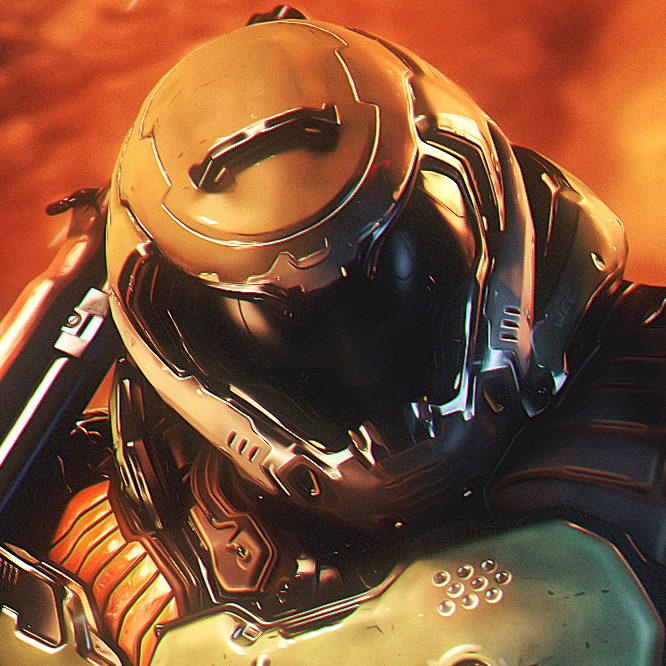What to leave for last ?
When I was a child and would sometimes get to eat “fries and steak”, or more generally “meat and vegetables”, I often started eating the less “appealing” thing, saving the best for last. The idea was that its taste would override that of everything before, while lingering for a little bit more after the meal.
The opposite, however, seems to be true, or at least optimal in the case of video games and movies. Optimal, in this context, refers to “maximizing the overall satisfaction” that is derived from the content.
Let’s assume I have only two movies I can watch. The first one, Movie A, is a blockbuster I was waiting impatiently for a while. The second one, Movie B, however, I deemed of average, if not low interest. Although implicit, we also have to keep in mind that, while not too short, the time we have available to eventually watch those movies is ultimately finite, so we want to enjoy ourselves the most in this finite timespan (in childhood, however, I would say the inverse was true instead, as couldn’t find enough movies to fill all the free time I had back then).
Anyway, the question is now: which one of Movie A and Movie B should one watch first, if one was to maximize the overall enjoyment? When I asked my “gaming brother-in-arms”, he said he would watch the least interesting movie or TV show on his watchlist, saving the best for the later.
While I also proceeded in such fashion a few times, I could not help but notice that my mind was always wandering around instead of focusing on the content. I would internally long for it to end so I could finally watch the one I actually wanted to watch. This was quite sub-optimal in my opinion. Instead, by starting with the most interesting option, I would fully enjoy it, with relatively fewer afterthoughts than the former. Then, after some time, given that there is only Movie B left, I would say what usually happens is that my brain subconsciously convinces me that said Movie B is not that bad after all. In other words, I would come to see Movie B in a new, and more favorable light. This time, the enjoyment from watching it would thus be higher than if I had seen it first instead.
In this case, it seems saving the worst for last seems to lead a more satisfactory experience overall.
Same observation in different but similar contexts: books, comics, video games, and so on. For example, trading the daily Doom Eternal enjoyment with the oldy Metal Gear Solid 2 during the mandatory self-isolation period following the COVID-19 pandemic.
This, however, raises one more question: if whether we like or dislike a specific entertainment material depends on the context of the exposition, such as time constraint, or personal motivation, doesn’t this mean we are missing some hidden gems because of when or how we encountered those ? One could for example argue that given no other alternative, even “The Room” would become the best movie ever made … Another side of the coin would be the bias that would inevitably seep into entertainment content critics’ reviews. So can we actually trust those reviewers ? They might have enjoyed it, given different circumstances.
As closing words, one should probably refrain from saving the best for last, and go for it first instead to maximize the overall enjoyment. Given enough time, whatever other alternative was available before would appear in a better light, like the moon, which can only shine bright once the sun has settled.
Update: This concept is also known as hedonistic adaptation
What could be considered as the inverse of the concept expanded upon above, is also used as an example in the D2L AI book chapter on sequence model, namely stating:
There is the Hedonic adaptation, where humans quickly adapt to accept an improved (or a bad) situation as the new normal. For instance, after watching many good movies, the expectations that the next movie is equally good or better are high, hence even an average movie might be considered a bad movie after many great ones.

Leave a comment